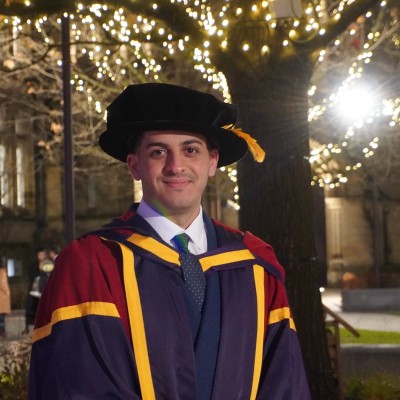Reading these books will allow you to become a competent chemical engineer by using the advice of experts in this field. With these books there is nothing stopping you from becoming the next expert!
1. Transport Phenomena, Revised 2nd Edition by R. Byron Bird, Warren E. Stewart, Edwin N. Lightfoot
A revised edition of a well-known text on transport processes, which deals with three main topics; fluid dynamics, heat transfer, and mass transfer. transport phenomena is a continuously evolving and being able to cover the whole topic is extremely difficult, what this book gives is the fundamental aspect of this field and has been split up into courses, an introductory and an advanced course covering topics such as viscosity, momentum, heat transfer, mass transfer, and many others. Transport processes require a blend of understanding of molecular mechanisms and mathematics, and the book will show you examples with varying difficulties, but what needs to be taken into account that familiarity of ordinary differential equations and elementary vector analysis is required to be able to understand the text and develop a deeper understanding of transport phenomena Overall, this is an excellent text to be able to understand transport phenomena and can be used throughout your time at university and even in industry.
2. Mathematics for Engineers 4th edition by Anthony Croft and Robert Davison
The understanding and application of mathematical concepts is a skill that all engineering students must have and be able to develop throughout your engineering lifetime. Mathematics for engineers covers all the essential mathematics required for a variety of engineering disciplines laid out in an easy to follow step by step guide combined with hundreds of interactive examples, revision exercises, computer examples, and calculator example.
Mathematics for engineers will start with the foundations required for engineers such as basic algebra, polynomial equations, trigonometry, and functions and work its way to the more challenging mathematical topics such as Laplace transforms, vectors, differential equations, and Fourier series.
Mathematics for Engineers is an essential book for first-year students and will build upon existing knowledge and will cover all of the mathematical concepts that a first-year engineering student requires.[/vc_column_text]
3. Principles of Chemical Engineering: Materials and Energy Balances – 2nd edition by Nayef Ghasem and Redhouane Henda
The second edition of a must-have book for any inspiring chemical engineering student, Principles of Chemical Engineering can be seen as to go-to text for chemical engineers as it introduces basic principles and calculation techniques for material and energy balances, which includes illustrative examples and case studies.
Most of the materials presented are in the form of worked examples with an easy to follow step by step guide through some examples on dimensions, units psychrometrics, steam properties, and conservation of mass and energy, making this book very user-friendly.
Using this book will develop your problem-solving skills and make you think quantitatively and be able to make sense of diagrams, interpret ambiguous language, and be able to develop reasonable approximations and assumptions. This book will get you going on the right foot and be an excellent platform for your future as a chemical engineer.
4. Introduction to Chemical Engineering Thermodynamics – 7th edition by Joseph Mauk Smith, Hendrick C. Van Ness, Michael M. Abbot
A comprehensive book on the basic concepts of thermodynamics from a chemical engineering viewpoint and how they are applied to chemical engineering related processes and covers topics such as; real gases, ideal gases, and thermodynamic laws.
The book is filled with illustrations and rigorous mathematical discussions of thermodynamic properties and is well explained with a clear and systematic presentation of the topics and contains an abundance of example questions and constantly challenges the reader to think and use what they have learned and apply it, to be able to solve questions.
This comprehensive nature of this book makes it extremely useful to both undergraduates and even professionals, to understand the basics of thermodynamics.
5. Chemical Reaction Engineering – 3rd edition by Octave Levenspiel
Chemical reaction engineering is an extremely popular book, written by the famous author Octave Levenspiel who is well known for his work on chemical reactors. Reaction engineering involves reaction kinetics which plays a vital role in chemical plants and is the basis for determining reactor size, reactor type, and the operating conditions. This book is a comprehensive guide of chemical reactors and topics that will be covered are; half time, conversions, reaction orders, types of reactors, activation energy, mass, and molar flow rates and many more.
This book will develop an instinctive sense of reactor design and help students to be able to understand reaction engineering which is one of the most challenging topics that a chemical engineering student will study, and with the simple easy to follow the format of the book and the example questions, it will make a challenging topic seem a lot easier.

Dr. Adam Zaidi, PhD, is a researcher at The University of Manchester (UK). His doctoral research focuses on reducing carbon dioxide emissions in hydrogen production processes. Adam’s expertise includes process scale-up and material development.’


